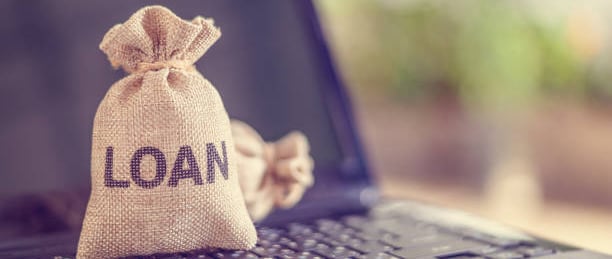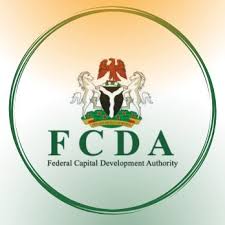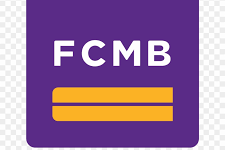LOANS: GOOD OR BAD?
Essential facts about loans
LOANS
Fabian Agore
8/26/20252 min read


Loans are one of the oldest financial tools in human history. From ancient moneylenders to today’s digital credit apps, the idea remains the same: borrow money now, pay it back later, often with interest. But whether loans are “good” or “bad” isn’t a simple yes-or-no question. The truth depends on how they’re used, who’s borrowing, and under what conditions.
The Case for Loans
At their best, loans are engines of opportunity. Few people can pay cash for a house, a college education, or even to launch a business. A mortgage lets a family buy a home years before they could ever save enough. Just recently the federal government of Nigeria launched its student loan (Nelfund) which has opened the door to education and career prospects many Nigerian students. A business loan can give an entrepreneur the capital needed to expand and hire employees.
In these cases, loans aren’t just useful—they can be life-changing. They make large investments possible and spread the cost over time. When used strategically, loans act as leverage, helping people build assets and wealth.
There’s also an economic angle: loans keep money moving. Banks lend out deposits, businesses borrow to grow, and consumers borrow to spend. That cycle fuels jobs, innovation, and economic growth.
The Risks and Downsides
On the flip side, loans can easily turn from a financial tool into a financial trap. The problem isn’t borrowing itself, but the conditions attached. High-interest loans, payday loans, and predatory lending practices can bury people in debt they have little hope of escaping.
Even well-intentioned loans can backfire. A mortgage loan taken out without considering job security can lead to issues with interest payment. Student loans, if borrowed without a realistic repayment plan, can weigh people down for decades. The danger lies in overestimating future income or underestimating interest costs.
There’s also the psychological side. Easy access to credit can tempt people into overspending. What feels like “free money” in the moment becomes a burden when payments pile up. Debt stress is a very real factor affecting millions of households.
Striking the Balance
So, are loans good or bad? The most honest answer: they’re neither. Loans are a tool. Like fire, they can warm your house or burn it down, depending on how you handle them.
The key is responsibility—both from borrowers and lenders. Borrowers need to ask hard questions: Do I really need this loan? Can I afford the payments? Is the potential benefit worth the long-term cost? Lenders, on the other hand, have a responsibility to provide fair terms and avoid exploiting vulnerable people.
Financial literacy also plays a huge role. Understanding how interest works, how repayment schedules affect total cost, and how debt impacts credit ratings can mean the difference between using loans wisely and being controlled by them.
Bottom Line
Loans are not inherently good or bad. They’re powerful, and like any powerful tool, they demand respect. Used strategically, they can open doors that would otherwise remain locked. Used carelessly, they can chain you down for years. The challenge is not to avoid loans entirely, but to use them thoughtfully, with clear goals and a realistic plan.





